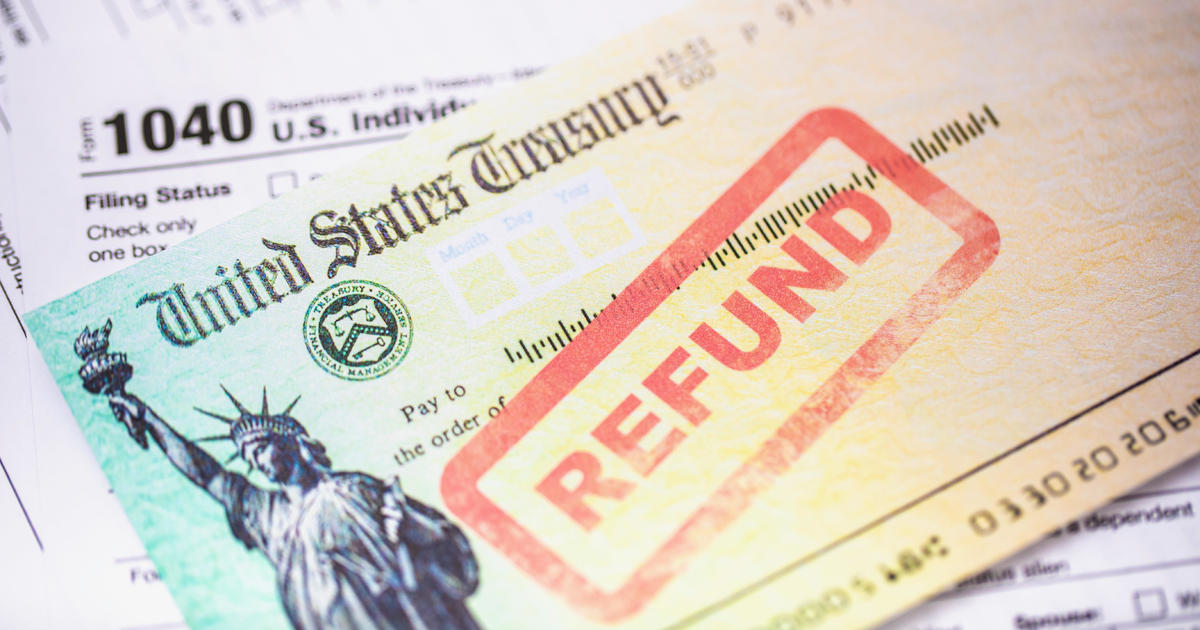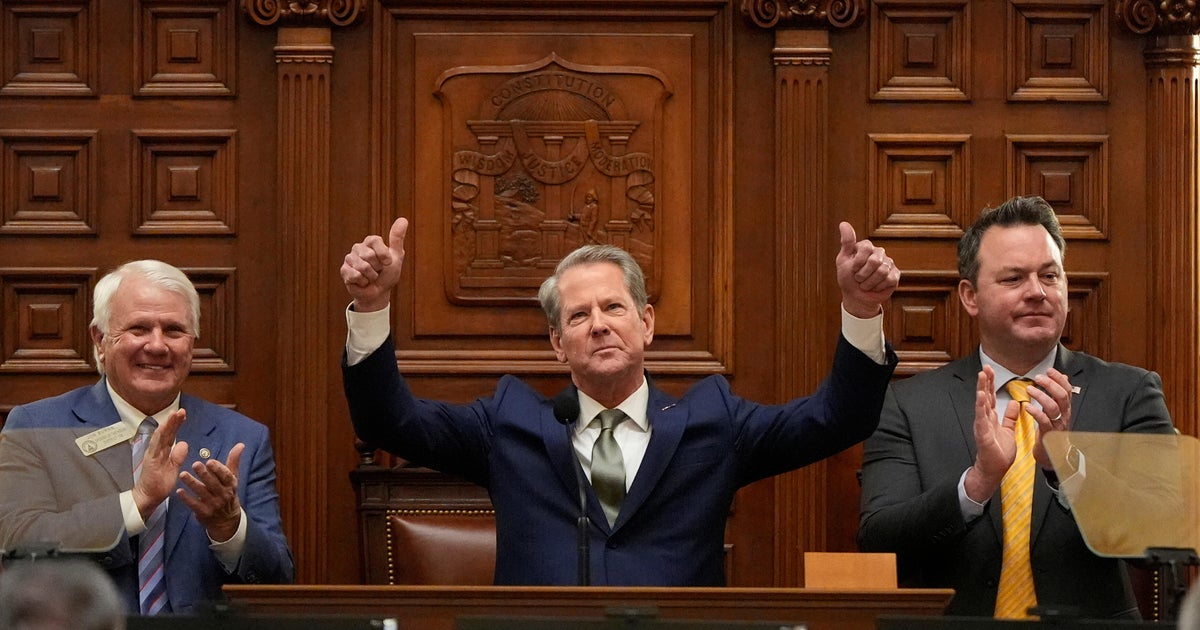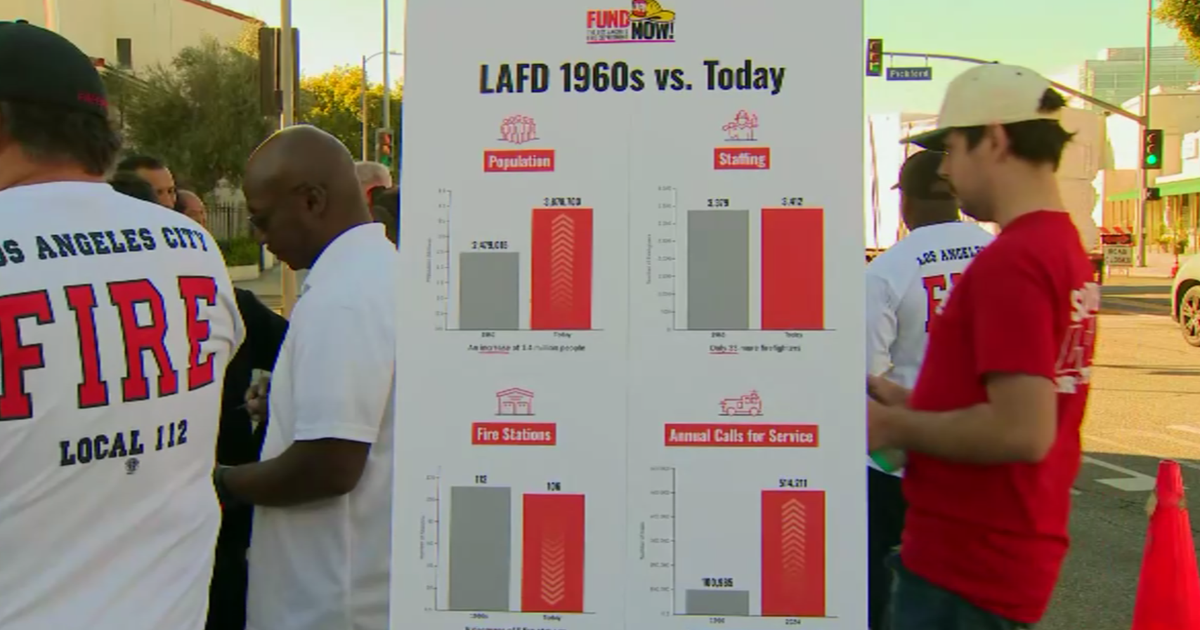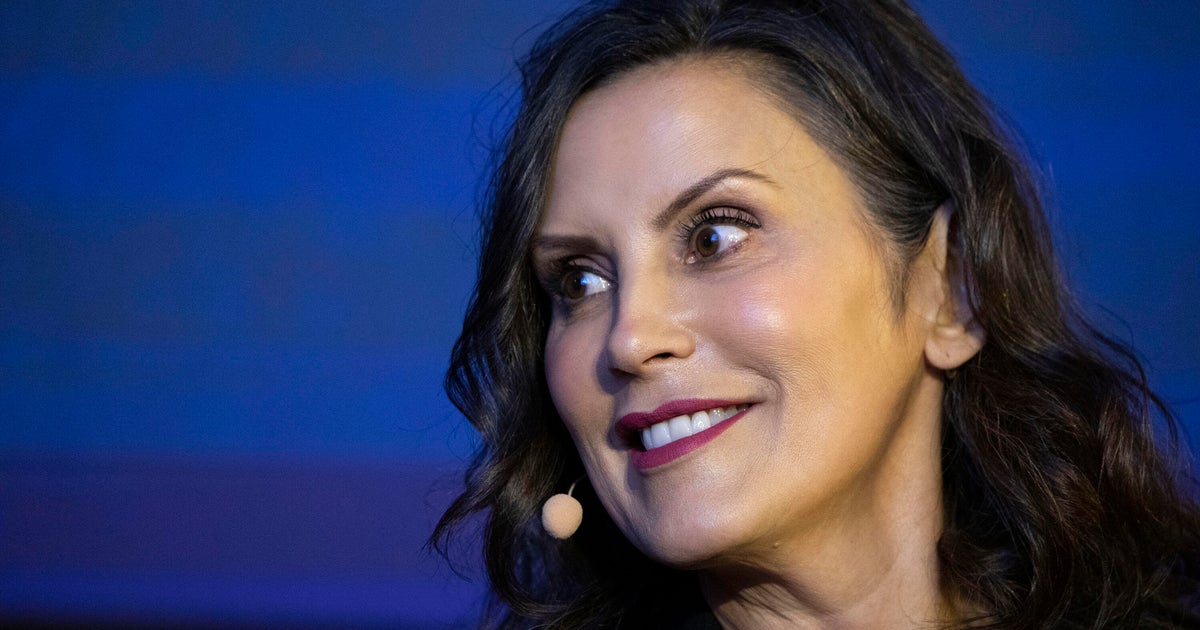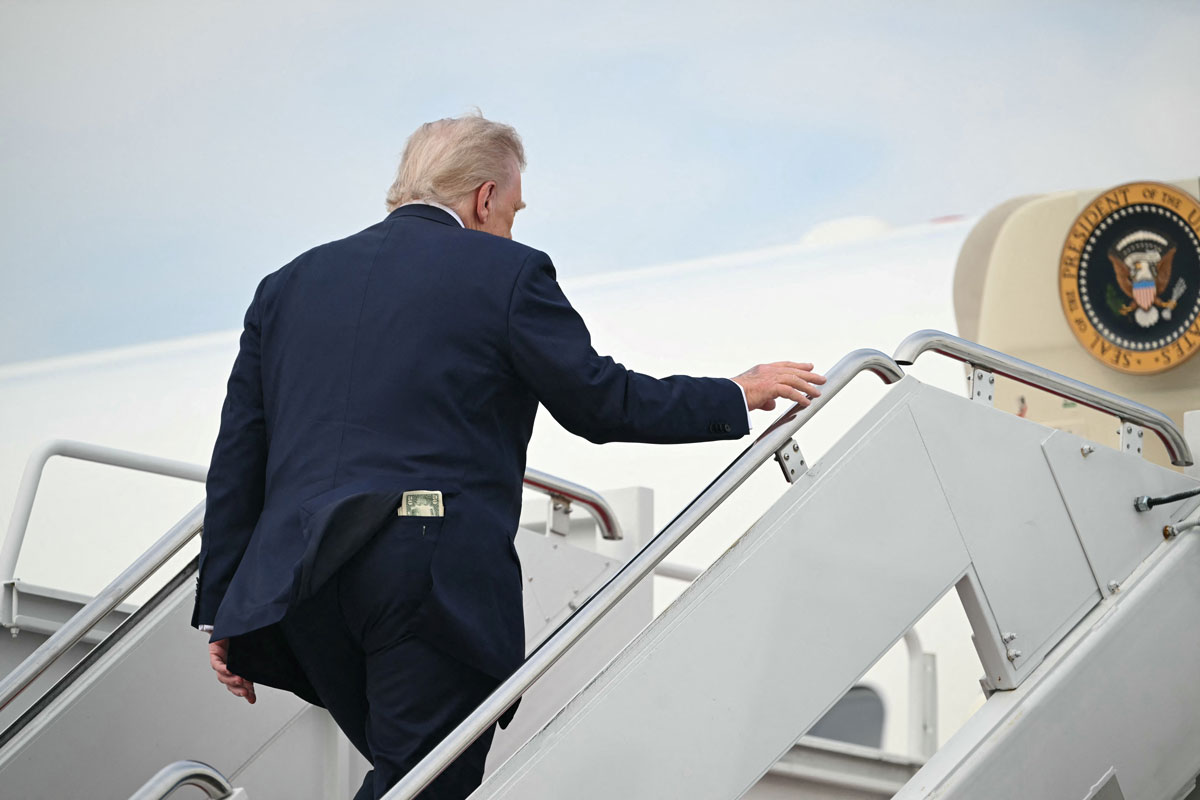A rallying cry for the Democratic presidential candidates: "Soak the rich"
- The Democratic presidential candidates don't agree on everything, but they do on this: The rich in America need to pay their fair share.
- Proposals already floated include taxing extremely high incomes, taxing wealth, taxing gifts or inheritances, and taxing Wall Street trades.
- These ideas are likely to get a lot of attention during the Dems' first round of debates.
Rich Americans, Corporate America and Wall Street are likely to be in the crosshairs in the first round of Democratic primary debates, with many of the presidential contenders expected to put the state of the U.S. economy front and center.
Campaign trail proposals aimed at the wealthiest Americans run the gamut -- from a modest tax hike to raising them substantially to taxing things that the U.S. hasn't historically taxed, like wealth or even stock trading. Those plans, and more, are set to come to a head during the Democratic primary debates on Wednesday and Thursday evening.
"We expect hostile rhetoric towards big business and think some candidates will call for the government to break up big companies," analysts at Keefe, Bruyette & Wood told clients, by way of warning. "Big banks are likely to be a favorite target."
That would be a big change for the financial industry. Despite precipitating the most severe economic downturn since the Great Depression, it has flourished in the past decade and enjoyed ample access to both political parties.
"One of the things that we've been told for my entire lifetime is that if we give rich people the money, if we give them back their taxes, they would do things in the economy that would benefit all of us," said Heather Boushey, executive director at the Washington Center for Equitable Growth.
That's no longer taken for granted. Large majorities of Americans believe the rich don't pay their fair share and that the economic system unfairly favors powerful interests, according to Pew Research Center. Last year's tax cuts have, if anything, entrenched that sentiment. Most Americans believe the tax cut didn't help them or made them worse off -- data show the law saved most Americans a modest sum, while top earners capturing the lion's share of the savings.
Taxing wealth
Sen. Elizabeth Warren, who's set to debate on Wednesday, has proposed taxing wealth of more than $50 million, with an added tax on assets over $1 billion. The move got renewed support this week from a group of billionaires who support raising taxes on the most fortunate sliver of Americans. Other candidates, including Sen. Bernie Sanders, South Bend, Indiana, Mayor Pete Buttigieg and former Rep. Beto O'Rourke, have also supported this idea.
Backers of the tax say it could be politically popular because it would bypass all but the very richest Americans. Yet while such a tax would be effective in loosening money from the wealthiest Americans, according to most economists, it runs into one problem: It's unclear how, legally, such a tax could work.
"There are strong arguments that a federal wealth tax is unconstitutional," Beverly Moran, a law professor and tax authority, wrote recently.
That's because taxing items directly can't be done at the federal level, which explains why property taxes are levied only by states. Wealth taxes would have to be imposed either by state action or by invoking innovative legal arguments. Still, the approach could be profitable. Warren estimates her proposal could raise $2.8 trillion over a decade.
Taxing wealth transfers
If the U.S. government can't tax wealth that's just sitting there, it could still get at a fair amount of the ultra-rich's fortunes by taxing wealth at the point where it's transferred. Sanders is pushing to return the inheritance tax to its level of a decade ago, when it applied to estates worth $3.5 million and more (the current level is $11 million). Sanders also wants to impose an additional tax on estates worth over $1 billion.
This proposal has the benefit of raising money immediately and getting at one of the major factors behind U.S. inequality today. Economic disparities determined by the luck of one's birth have a greater impact on a person's prospects than the effects of IQ, education and personality combined, research has shown.
Inheritance represents about 40% of all wealth, said Lily Batchelder, a professor at the New York University School of Law, at a recent conferenece. With about a half-trillion dollars changing hands each year in the form of bequests, "Taxing wealth transfers is key to reducing economic inequality," she said. A tax like the one Sanders proposes could raise $315 billion over a decade, some estimates show.
Taxing speculation
Another activity that the ultra-wealthy are likely to engage in is also getting increased scrutiny -- and a number of bills in Congress: financial speculation. Sen. Brian Schatz, D.-Hawaii, and Sen. Sanders are among the many who have backed a so-called Wall Street tax, which would levy a small payment on trades of stocks, bonds and derivatives. Such a tax could raise as much as $2.4 trillion over a decade, according to economists from the University of Massachusetts.
The idea has enjoyed bipartisan support since the Great Recession. Dozens of proposals have been introduced in Congress only to founder amid opposition from the finance industry, which argues it would hurt mom-and-pop investors by cutting the volume of trading. Supporters of the tax agree that trading would drop, but that's not at all a bad thing because the vast majority of trading comes from fast-moving algorithms.
"This is the tax that basically comes out of the pockets of Wall Street, and to my view that's just fine," said Dean Baker, senior economist at the Center for Economic and Policy Research. "It's not a question of whether we like or don't like Wall Street. It's a question of, are they doing something productive?"
